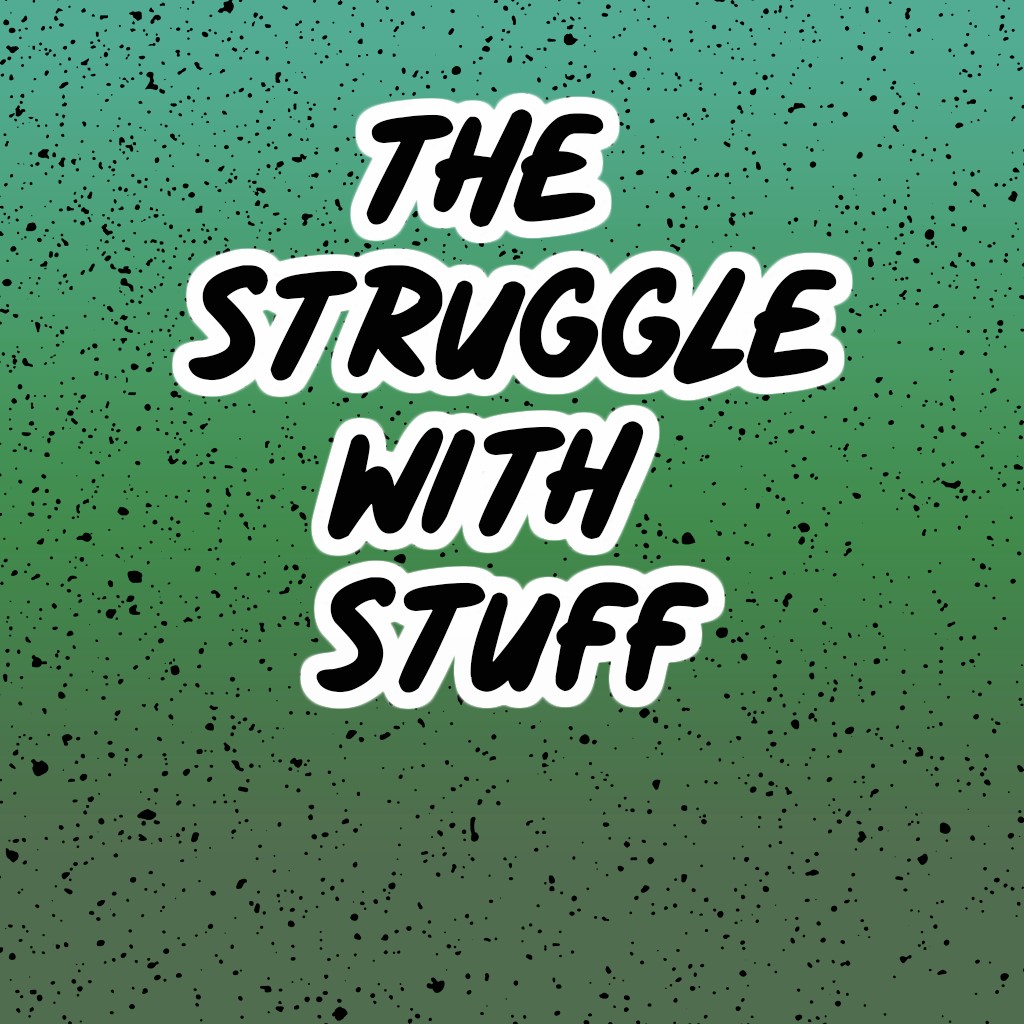Our Struggles

Relationships
Managing expectations
Click the headphone icon for a 6o second voice clip
or read the 6o sec text slides.
Slide 1
🧠 Relationships & Expectations
Not just about who’s in your life —
but how you show up when things get real.
Slide 2
⚠️ A lot of drama?
Comes down to expectations.
We assume people know what we need.
(Spoiler: they usually don’t.)
Slide 3
🤯 We think:
“They should’ve known.”
“They should’ve acted differently.”
“They should just get it.”
But they’re not in your head. You are.
Slide 4
✅ Healthy expectations =
– Clear
– Fair
– Realistic
And guess what?
That starts with talking — not guessing.
Slide 5
💬 Communication isn’t weakness.
It’s leadership.
It builds trust. Reduces tension.
And makes you easier to connect with.
Slide 6
🛠 Solid relationships =
– Say what you mean
– Ask what they need
– Stay open, not defensive
Slide 7
👊 Be the guy who’s real — not just reactive.
Honest expectations build stronger bonds —
and cause way less drama or misunderstandings.
Please connect with us if you want more information on this topic or just want to chat.

Related Topics
Disclaimer:
This website is for information only. It represents the unproven opinions / thoughts of various authors or collaborating partners.
This website and its content is not intended to serve as a substitute for professional medical or counselling advice.
PeaceBuilders Network and/ or associate organizations specifically disclaim any and all liability contained in or linked to this website.
A health-care professional should be consulted regarding your specific medical condition.
If you have a medical, mental health or other emergency, then reach out to the local emergency services helpline or hospital.
Copyright:
The contents of this website is subject to licencing and copyright. All rights reserved.
All webpages and all artwork has been minted as NFTs for exclusive use by PeaceBuilders Network and/ or their representatives.
No part of this website or content may be used in any manner whatsoever without the express written permission of PeaceBuilders Network and/ or their representatives, except in the case of brief quotations embodied in articles or reviews.
Updated: November 2023
Success Stories
After the divorce I had such a hard time trying to understand my feelings. Thank you PeaceBuilders Network for creating this amazing picture journey. It helped me discover where my real pain is and getting the local support I needed to succeed
- Jim, Abbotsford, BC, Canada
Success Stories
A friend sent me the PeaceBuilders Network link and I was a bit hesitant, then I discovered the various tools and it opened up a whole new world of how to deal with some of my stuff. Wish I knew about this stuff sooner
- James, Hope, BC, Canada
Success Stories
I actually did not know what programs were available in my community. Now that I have connected with a local non profit counselling service I feel so much more empowered to get through all this emotional stuff.
- Kevin, Hope, BC, Canada
Success Stories
Its fantastic! a free site for Certified Personal Trainers to post their bio and contact details. Its all about connecting the community to support men's mental, physical and emotional health.
- Jaco.N, Abbotsford, BC, Canada



